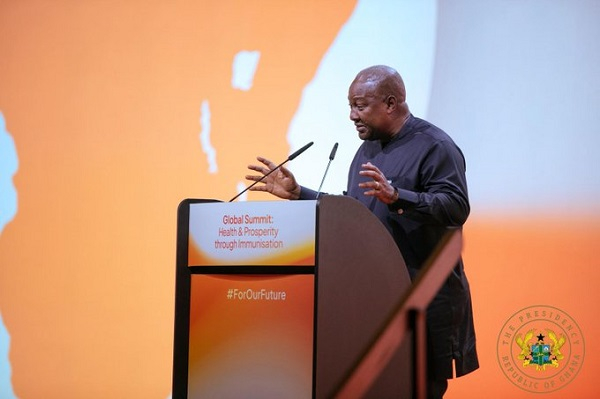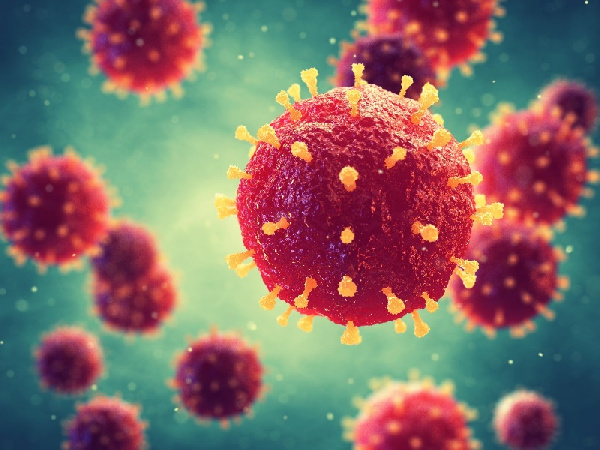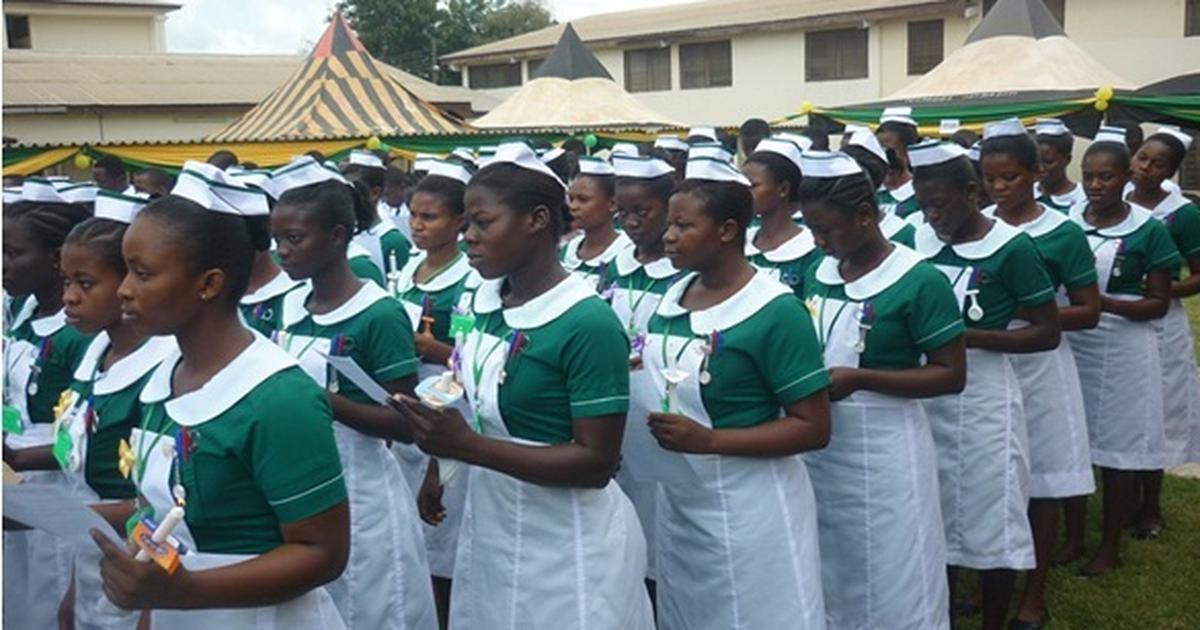Meet Chao Lu, PhD, Co-Leader of the Cancer Genomics and Epigenomics Program | Herbert Irving Comprehensive Cancer Center (HICCC) - New York

Chao Lu, PhD
A leader in the field of cancer epigenetics, Chao Lu, PhD, has been named co-leader of the Cancer Genomics and Epigenomics (CGE) program at the Herbert Irving Comprehensive Cancer Center (HICCC).
Lu’s research has helped illuminate how mutations in chromatin regulators – frequently found in both pediatric and adult cancers – reshape the epigenome, block cellular differentiation, and drive tumor development. His work was the first to connect mutations in IDH1/2 and the "oncometabolite" 2-hydroxyglutarate, found in several human cancers including acute myeloid leukemia, to impaired histone and DNA demethylation. His lab combines epigenome-editing tools, CRISPR-based screens, and real-time chromatin profiling to uncover new mechanisms of cancer progression and resistance to epigenetic therapies.
The CGE program brings together researchers who study how cancer arises not only from mutations in the DNA sequence, but also from epigenetic changes—chemical modifications that sit on top of the DNA and influence which genes are turned on or off. While genetic mutations alter the code itself, epigenetic changes can reshape gene expression without rewriting the underlying sequence. By studying both layers, the program aims to reveal new insights into cancer development, progression, and potential therapeutic vulnerabilities.
In this Q&A, Lu shares more about his research, new technologies that are transforming the field, and his goals as the new CGE program co-leader.
The start of my PhD coincided with the efforts to sequence the human tumor genome by consortiums such as TCGA. A major surprise from these studies was that, in addition to classic oncogenes and tumor suppressors, many genes encoding chromatin-modifying enzymes are frequently mutated in human cancers. I was immediately intrigued by these findings and wanted to explore the idea that epigenetic abnormalities could be a key cancer hallmark that, compared to genetic mutations, is more readily reversible.
Cancer is a genetic disease. To attack at its roots, we need to understand how genome and epigenome integrity are compromised during tumor initiation, progression, and therapeutic resistance. Genome and epigenome instability can expose vulnerabilities in cancer cells, including synthetic lethality and accumulation of neoantigens. Research in these areas has led to the clinical success of several drugs, such as PARP inhibitors and biomarkers, for effective immunotherapies.
Now that the complete human genome is sequenced, we have a much-improved functional annotation of the once “dark” part of the non-coding genome. We are also able to profile the genome at unprecedented coverage and resolution in complex biological systems thanks to advances in single-cell, spatial, and long-read sequencing technologies. Powerful genome- and epigenome-editing technologies have recently emerged, offering the potential of correcting gene mutations and epi-mutations with precision at a large scale.
I believe that the explosion of (epi)genomic discoveries and technologies will offer a new lens into how genome integrity and regulation go awry in cancer cells and how we can revert these processes. This is truly an exciting time for cancer genomics and epigenomics.
Studies have revealed that, unlike classic oncogenes or tumor suppressor genes that directly impact tumor cell proliferation, chromatin abnormalities predominantly impair the differentiation of cancer cells. Mutations in epigenetic enzymes are often found in cancers arising from tissues in development or of rapid self-renewal, such as pediatric and blood cancers.
Recent studies have also begun to link chromatin to the lineage plasticity and immune evasion of adult solid tumors, and I look forward to seeing additional patient populations who will benefit from precision epigenetic therapies in the next decade.
CGE has seen remarkable growth under the leadership of Drs. Jean Gautier, Raul Rabadan and Susan Bates. I am excited to work with the current co-leaders, Drs. Bates and Rabadan, to build upon this strong foundation to further facilitate the interactions and collaborations among CGE members – especially between basic and translational/clinical researchers – to bridge lab discoveries to clinical trials and patient care. The CGE program has focused on tumor-intrinsic mechanisms, but here is a vast and underexplored area of studying the genomics and epigenomics of tumor-host interactions, in collaboration with other HICCC research programs.












